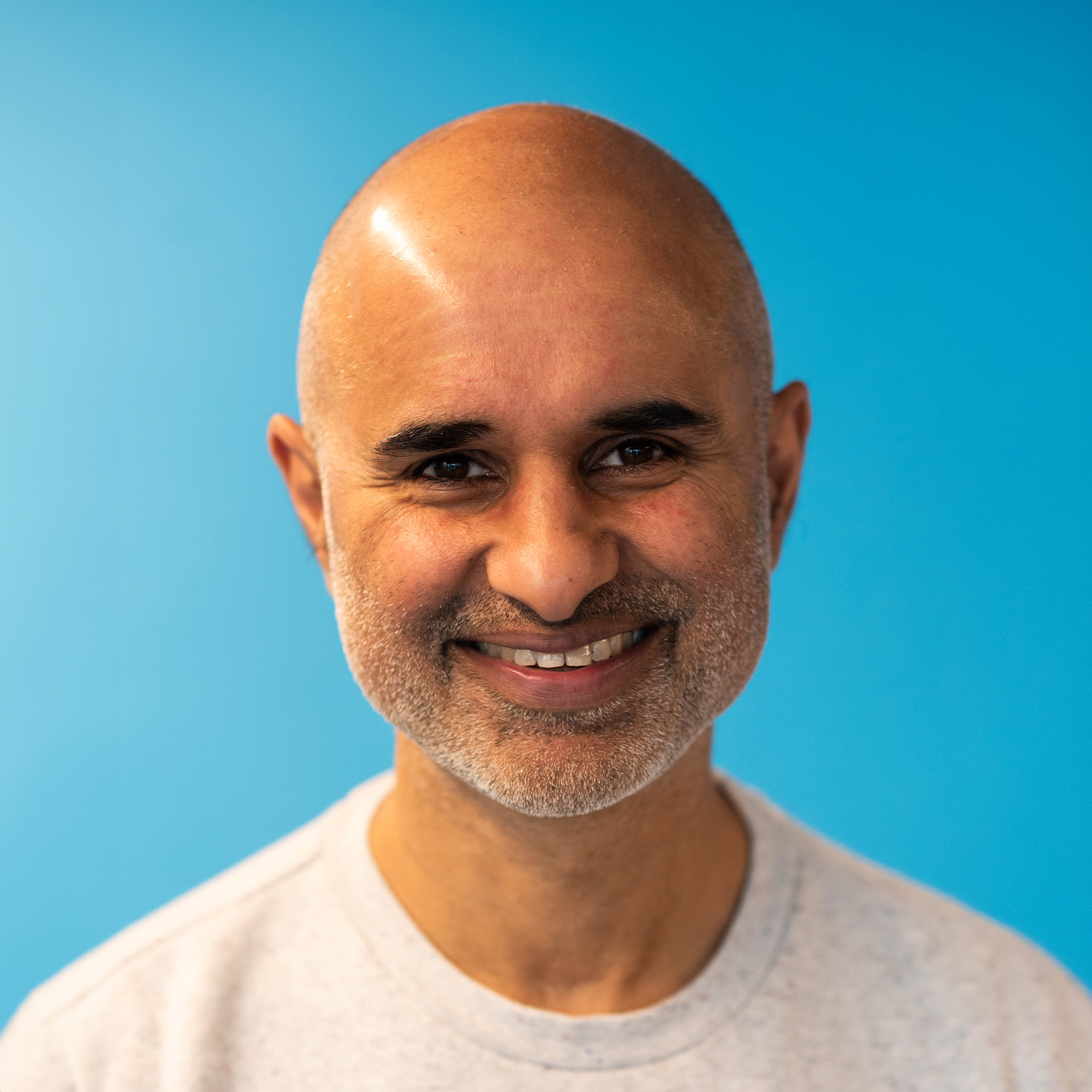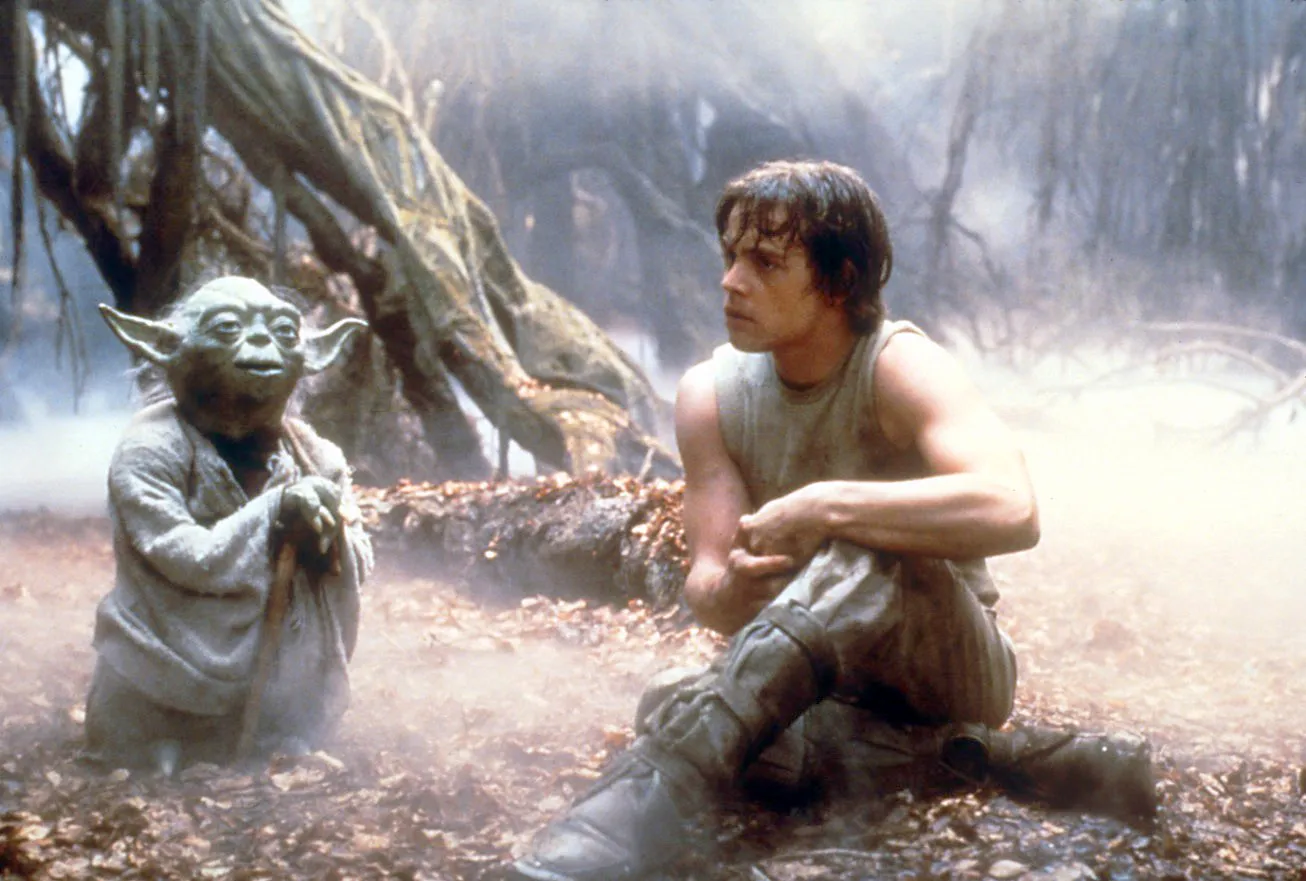News & Insight


For an industry renowned for its unrealistic expectations about life and relationships, Hollywood does a remarkably good job portraying good mentors*. Pranav Soneji, Director, Content at Two Circles, explains why…
Take Yoda and his relationship with Luke Skywalker in the Star Wars space opera.
During Luke’s time on Dagobah (stick with me non-Star Wars fans), Yoda coaches a recalcitrant Skywalker to harness the power of the Force, through failed attempts and complaints. “Do. Or do not. There is no try” is a quote for the ages, one that had a profound impact on Luke, successfully ridding both the Galactic Empire and Sith from the universe.
The pair shared little in common – most humans would with a pint-sized, 900-year-old green Jedi Master from a far away Galaxy. But where Yoda excelled, as every great mentor does, is challenging to learn, grow, gain confidence and, eventually, to be successful in their chosen path.
Like all good mentoring relationships, the Yoda-Skywalker axis was forged on the high regard for the person whose experience, knowledge and expertise is being sought. Building a genuine rapport takes time but, when done right, can be incredibly fulfilling for both individuals.
The sports industry needs more of it, particularly for those who it has traditionally under-represented in its microcosm. It’s not an overnight fix by any stretch and, for the past five years, we’ve attempted to redress the balance in our own organisation.
The Diversity in Sports mentoring programme complements Two Circles staff with individuals from under-represented backgrounds. In its fifth year, we welcome our 100th mentee for our 2024 cohort, who will gather for the first time this week (22/23 May) at our office in London.
The programme is open to anyone who has faced barriers in their careers in the sports industry, and often from one of the nine protected characteristics. Most are at the beginning stages of their career while others are looking for inspiration following significant career changes (three mentees have come from the theatre world).
Through a combination of one-to-one mentoring, structured learning and challenges, the programme aims to open doors previously closed or unseen. However, the special sauce is the connection between the mentor and mentee. Age and background are often irrelevant; instead, a degree of chemistry – and good judgement – are essential for a relationship to flourish.
Sometimes it’s as simple as allowing an individual to talk; career ambitions, the hurdles so far and, commonly, frustrations (which can veer into personal). And, as I’ve discovered, a good mentor is often a silent one that will listen. Despite Yoda’s economy of words (jumbled up they were) his empathy, his attention and serene demeanour created a bond that allowed Luke to grow and, ultimately, become a Jedi Master (not that I’m comparing myself to Yoda…).
The most impactful relationships withstand the test of busy schedules. Agree a cadence both individuals can commit to, while informal check-ins are often excellent ways to gauge progress (after a presentation, job interview or performance review).
Some of my proudest career moments involve seeing Diversity in Sports alumni flourish. Some are now colleagues while others have forged careers at organisations like the Press Association, Endeavor and Sky Sports among others.
The world needs more Yodas mentoring the next generation of Luke Skywalkers.
“You don’t need a lightsabre, just a really good ear for listening.
The fifth year of Diversity in Sports is now underway. Applications for 2025 will open in the new year. Find out more here.
*While researching the role of mentors in Hollywood, I realised the most famous relationships were between men – Mr Miyagi and Daniel San, Dumbledore and Harry Potter, Bud Fox and Gordon Gekko – and very few female mentor role models. Something to think about, Hollywood?
[Photo Credit: Lucasfilm Ltd]

